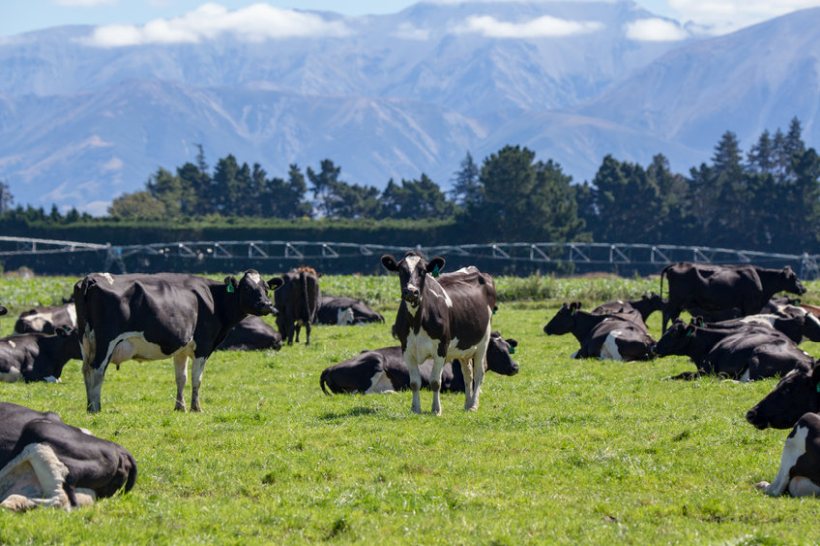
The UK has signed a trade deal with New Zealand which could increase bilateral trade by 60% by eliminating tariffs, but the NFU has warned there is 'extremely little' in the agreement that will be of benefit to farmers.
The UK-New Zealand trade relationship was worth £2.3 billion in 2020 and is now expected to increase by almost 60%, according to the government.
The trade minister, Anne-Marie Trevelyan said the free trade agreement (FTA) would add £800m to the British economy over the next ten years.
“This deal will slash red tape, remove all tariffs and make it easier for our services companies to set up and prosper in New Zealand," she added.
“Our trade with New Zealand will soar, benefiting businesses and consumers throughout the UK and helping level up the whole country."
The deal takes the same approach as the UK-Australia FTA, finalised in December 2021, in eliminating tariffs for agricultural products.
Even for sensitive sectors like beef and lamb, dairy and horticulture, in time there will be no limit to the amount of goods New Zealand can export to the UK.
Farming groups fear that this will open the doors to potentially significant extra volumes of imported food, whether or not produced to the UK's own standards, while securing little in return for British producers.
NFU President Minette Batters responded to the UK-New Zealand trade deal by saying there was 'extremely little of benefit to British farmers'.
"This deal today shows I was right to be concerned," she said, "The government is now asking British farmers to go toe-to-toe with some of the most export-orientated farmers in the world.
“I have consistently pointed out that the real risk to UK farmers from the government’s approach to trade deals is not the individual deals themselves but the cumulative impact of each deal when added together."
She added: "UK farm businesses face significantly higher costs of production than farmers in New Zealand, and margins are likely to tighten further in the face of rising input costs, higher energy bills and labour shortages."
NFU Cymru also expressed concern, warning that the deal would grant 'generous' tariff free UK market access for NZ producers, whilst securing 'virtually zero reciprocal benefits' for Wales’ farmers.
The union's president, Aled Jones said: “I see very little in this deal to benefit Welsh farmers and there are significant downside risks for the red meat and dairy sectors, both of which characterise traditional Welsh family farming.
“This latest deal with New Zealand closely mirrors the UK/Australia deal, confirming the precedent which we feared had been set, leading to full tariff liberalisation across a range of sectors over the next few years."
Mr Jones called for Wales-specific impact assessments for FTAs, as Welsh farming and rural communities could be among the most affected by them.
"It is only through such an impact assessment that we can fully understand the impact of these deals on Welsh farming, rural communities, our culture and language and how some of the adverse impacts can potentially be mitigated."
Environmental and animal welfare groups have also criticised the deal as they fear it sends a signal to others that the UK is willing to sign away its higher welfare standards.
The RSPCA highlighted that without a built-in conditional tariff system giving preference to imports produced to high welfare standards, a 'dangerous precedent' had been set for future FTAs.
Conditional liberalisation allows tariff reductions on imports from overseas produced to the UK’s standards, but keeps tariffs high on imports of products with low welfare standards.
Including that mechanism in international trade agreements would allow the government to meet its promises to maintain animal welfare standards, the RSPCA explained.
The charity's chief executive, Chris Sherwood said: “Government has once again failed to build in a mechanism to ensure that any food imports are of an equivalent or higher welfare standard than our own.
"Failing to draw this line in the sand sends a message to other countries that we are willing to accept cheaper, lower standard imports for the sake of a deal.”
